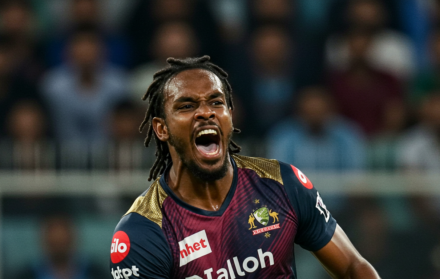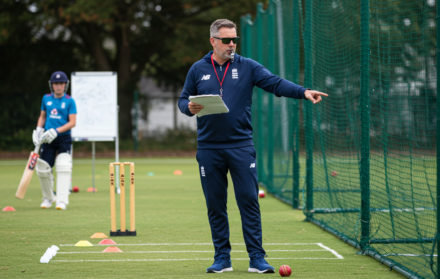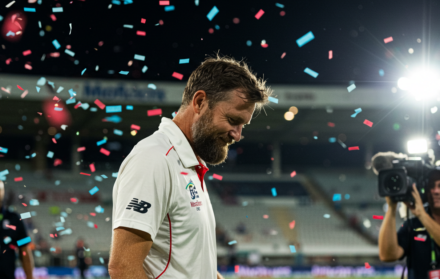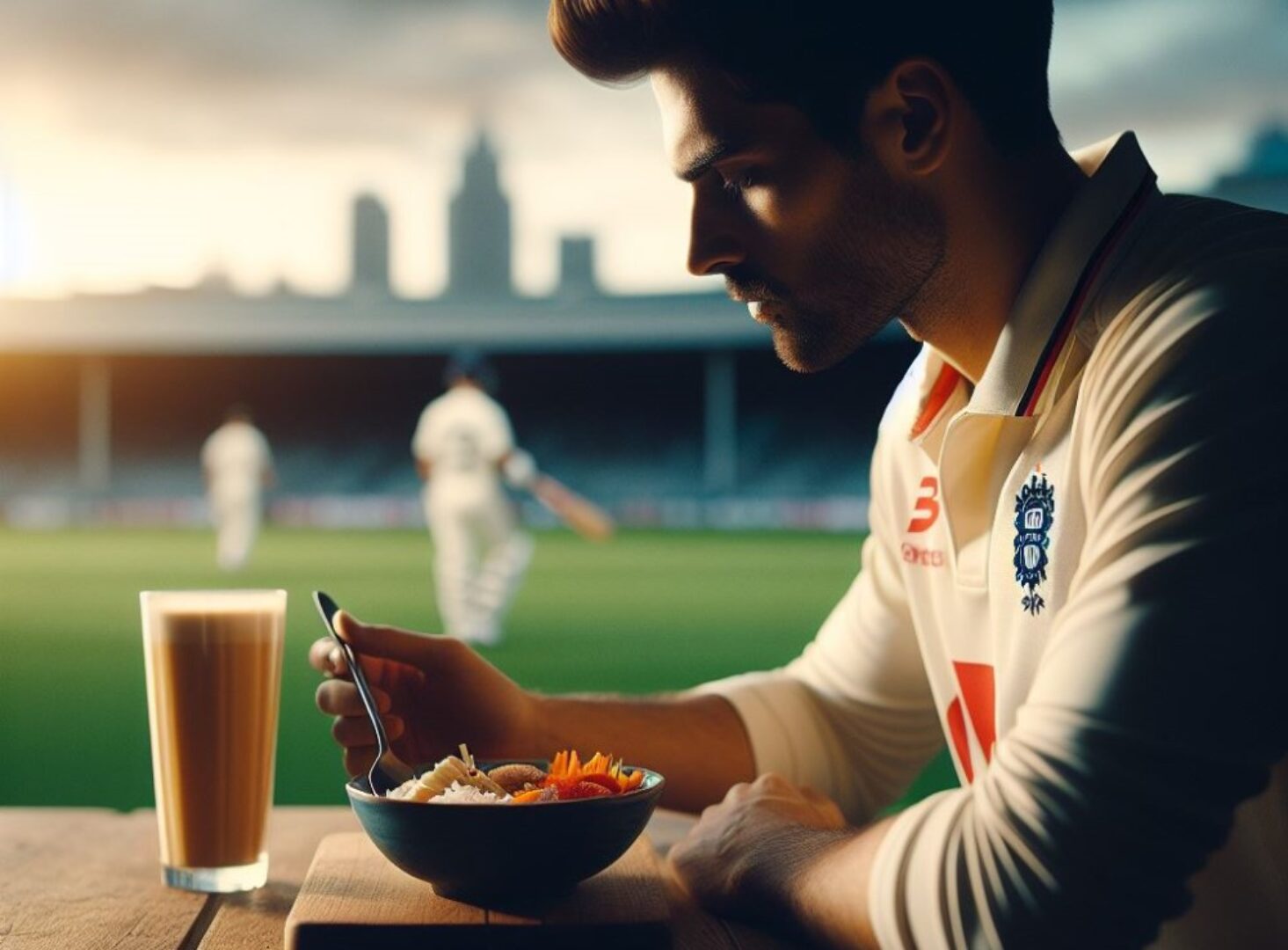
What Nutrition Tips Ensure Optimal Performance For Cricket Players
Understanding the Nutritional Needs of Cricket Players is crucial in ensuring optimal performance on the field. Cricket is a physically demanding sport that requires a combination of endurance, strength, agility, and mental focus. To meet these demands, cricket players must pay careful attention to their nutritional intake.
Maintaining Energy Levels is vital during long matches or training sessions. Building and Repairing Muscles is essential for performance and recovery. Enhancing Endurance and Stamina is key to sustain energy levels throughout the game. Supporting Cognitive Function is important for mental sharpness and decision-making on the field.
To achieve optimal performance, cricket players can follow key nutrition tips. These include Proper Hydration to stay hydrated and prevent fatigue. Balanced Macronutrient Intake to fuel the body with carbohydrates, proteins, and fats. Timing of Meals and Snacks to provide sustained energy.
Strategic Carbohydrate Consumption to optimize energy levels. Adequate Protein Intake for muscle repair and growth. Healthy Fats for Energy to provide a source of long-lasting energy. Essential Vitamins and Minerals to support overall health and performance.
Pre-match and post-match nutrition strategies are also crucial. A well-timed Pre-match Meal or Snack can provide the necessary energy and nutrients. Hydration During the Game is important for hydration and electrolyte balance. Post-match Recovery Nutrition aids in muscle recovery and replenishment of energy stores.
Certain supplements can be beneficial for cricket players. Protein Powder can help meet protein needs for muscle repair and recovery. Electrolyte Replenishment can aid in maintaining proper hydration and electrolyte balance. Omega-3 Fatty Acids can have anti-inflammatory effects and support overall health.
By understanding the specific nutritional needs of cricket players and following these tips, players can optimize their performance on the field and support their overall health and well-being.
Understanding the Nutritional Needs of Cricket Players

Cricket players know that their performance on the field is greatly influenced by their nutrition. In this section, we’ll explore the nutritional needs of these athletes, covering various aspects like maintaining energy levels, building and repairing muscles, enhancing endurance and stamina, and supporting cognitive function.
Get ready to discover the vital role that nutrition plays in ensuring optimal performance for cricket players, as we dive into the world of fueling their bodies for success!
Maintaining Energy Levels
Maintaining energy levels is crucial for cricket players to perform at their best. Here are some key strategies for sustaining energy:
- Proper hydration: Ensuring adequate water intake is essential to avoid dehydration, which can lead to fatigue.
- Optimal nutrition: Consuming a balanced mix of carbohydrates, proteins, and fats is vital for a sustained release of energy.
- Smart snacking: Incorporating small, nutrient-rich snacks throughout the day helps maintain blood sugar levels, sustaining energy levels.
- Strategic carbohydrate consumption: Prioritizing carbohydrate-rich meals or snacks before and during intense training or matches provides quick energy for cricket players.
- Ample rest: Sufficient sleep and rest days are necessary for proper recovery and replenishment of energy.
By implementing these strategies, cricket players can effectively maintain their energy levels and excel on the field.
Building and Repairing Muscles
Building and repairing muscles is crucial for cricket players to improve their performance and prevent injuries.
- To promote muscle growth and repair, it is essential to consume an adequate amount of protein. Include lean meats, poultry, fish, dairy products, and plant-based protein sources like beans and lentils in your diet.
- Incorporate strength and resistance training exercises into your routine to stimulate muscle growth and enhance muscle strength. Focus on exercises that target different muscle groups, such as squats, lunges, push-ups, and weightlifting.
- Ensure that you allow your muscles sufficient time to recover after intense training sessions or matches. Adequate rest and sleep play a vital role in muscle repair and growth.
- Stay hydrated by drinking enough water, as dehydration can have a negative impact on muscle function and recovery.
- Support muscle health and repair by following a well-balanced diet that includes a variety of fruits, vegetables, whole grains, and healthy fats. These foods provide essential nutrients.
Enhancing Endurance and Stamina
Enhancing endurance and stamina in cricket players is crucial for maintaining peak performance throughout long and intense matches. Here are some strategies to naturally boost endurance and stamina:
- Implement interval training to naturally improve cardiovascular fitness.
- Incorporate strength training to naturally build muscular endurance.
- Ensure a balanced and nutrient-rich diet to naturally provide sustained energy.
- Stay hydrated before, during, and after matches to naturally prevent dehydration and fatigue.
- Practice breathing exercises to naturally enhance lung capacity and oxygen intake.
- Get enough rest and sleep to naturally facilitate muscle recovery and overall physical endurance.
Fact: Regular endurance training can naturally significantly increase a cricket player’s VO2 max, which is the maximum amount of oxygen their body can use during exercise, thereby naturally improving their stamina and endurance on the field.
Supporting Cognitive Function
Supporting cognitive function is crucial for optimal performance in cricket. Here are some nutrition tips to enhance cognitive function:
- Stay hydrated: Dehydration can negatively impact cognitive abilities. Drink enough water throughout the day.
- Include omega-3 fatty acids: These healthy fats found in fish, nuts, and seeds can improve brain health and cognitive function.
- Eat antioxidant-rich foods: Berries, dark chocolate, and green leafy vegetables contain antioxidants that support cognitive function and protect the brain from oxidative stress.
- Consume brain-boosting nutrients: Vitamins B6, B12, and folate, as well as iron and zinc, support cognitive function. Include foods like eggs, lean meats, legumes, and whole grains in your diet.
Fact: Did you know that studies have shown that regular exercise can also improve cognitive function and enhance brain health?
Key Nutrition Tips for Optimal Performance

Unlock your potential on the cricket field with these essential nutrition tips. Discover the power of proper hydration, balanced macronutrient intake, strategic carbohydrate consumption, adequate protein intake, healthy fats for energy, and essential vitamins and minerals.
Stay at the top of your game by fueling your body with precision and maximizing your performance. Get ready to optimize your nutrition and take your cricket skills to new heights.
Proper Hydration
Proper Hydration is of utmost importance for cricket players to achieve their peak performance. Amidst rigorous training sessions and matches, players can experience significant fluid loss due to sweating, resulting in dehydration and a performance decline. To ensure optimal hydration, players need to follow these guidelines:
1. Instead of limiting water intake to training sessions or matches, it is essential to drink water regularly throughout the day.
2. Monitoring the color of urine is a reliable way to determine hydration levels. Clear or pale-yellow urine indicates proper hydration.
3. It is crucial to consume electrolyte-rich beverages to replenish the essential minerals lost through sweat.
4. Collaborating with a sports nutritionist to create a personalized hydration plan is recommended.
Remember that proper hydration goes beyond just drinking water; it also involves replacing electrolytes. Adequate hydration not only helps sustain performance levels but also prevents fatigue and muscle cramps. Here’s a fascinating fact: did you know that cricket matches can span up to five days, making proper hydration even more crucial for players?
Balanced Macronutrient Intake
In order for cricket players to achieve optimal performance, it is crucial to maintain a balanced macronutrient intake. Macronutrients, including carbohydrates, proteins, and fats, all play vital roles in supplying energy, repairing muscles, and promoting overall health.
Consuming adequate amounts of carbohydrates is essential to provide the fuel needed for the intense physical activity required in cricket. Including protein in every meal is necessary for muscle repair. Healthy fats, such as those found in nuts and avocados, offer sustained energy.
By giving priority to a balanced macronutrient intake, cricket players can ensure they have the necessary fuel to perform at their best on the field.
Timing of Meals and Snacks
Timing of meals and snacks plays a crucial role in optimizing the performance of cricket players. It is important to fuel the body at the right times to maintain energy levels and support muscle building and repair.
Strategic carbohydrate consumption before a match provides immediate energy, while protein intake after the match aids in muscle recovery. Balancing macronutrient intake and including healthy fats ensure sustained energy throughout the game.
Proper hydration is vital before, during, and after the match. Adequate intake of essential vitamins and minerals supports overall health and performance. Following a well-planned nutrition schedule helps cricket players perform at their best.
Strategic Carbohydrate Consumption
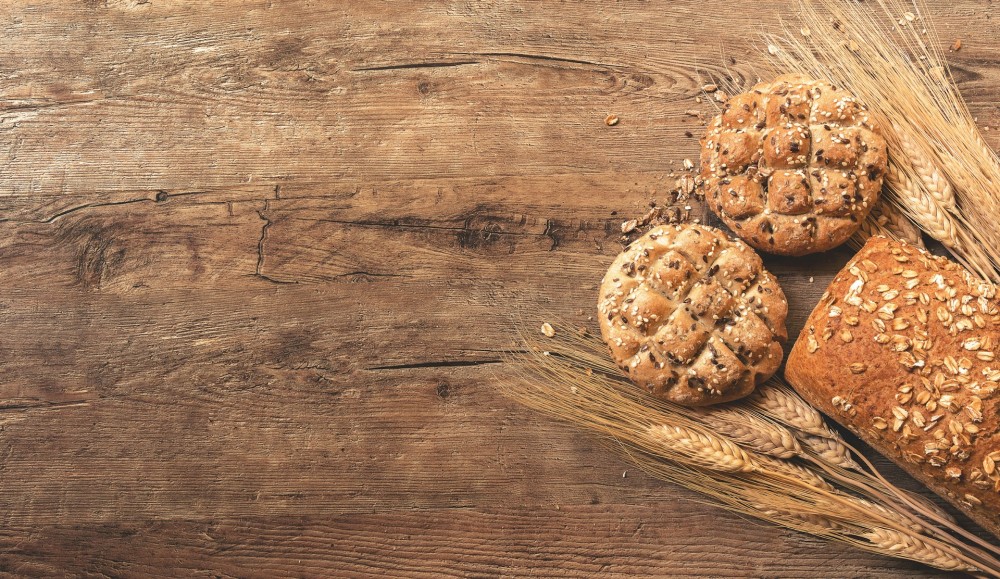
Strategic carbohydrate consumption is crucial for optimal performance in cricket. Carbohydrates provide the primary fuel source for the muscles and brain during high-intensity exercise. To maximize energy levels and endurance, cricketers should focus on consuming carbohydrates before, during, and after matches.
Examples of strategic carbohydrate consumption include eating a balanced meal or snack rich in carbs 2-3 hours before the game, refueling with easily digestible carbs during breaks, and replenishing glycogen stores with a carb-rich post-match meal.
Good carbohydrate sources include whole grains, fruits, vegetables, and sports drinks. Proper carbohydrate consumption helps cricketers maintain energy levels, enhance performance, and recover effectively.
Adequate Protein Intake
Eating enough protein is crucial for cricket players to ensure adequate protein intake. This supports muscle growth, repair, and recovery. Here are some guidelines to incorporate adequate protein intake:
- Include protein-rich foods in every meal, such as lean meats, fish, poultry, eggs, dairy, legumes, and tofu.
- Consume approximately 1.2-1.6 grams of protein per kilogram of body weight per day to meet the increased demands of training and matches.
- Distribute protein intake evenly throughout the day to optimize muscle protein synthesis.
- Consider timing protein consumption around workouts to enhance muscle recovery.
- Supplement with protein powders if needed to meet daily protein requirements, especially during periods of heightened training.
Pro-tip: To ensure adequate protein intake, pair protein sources with carbohydrates to maximize muscle glycogen replenishment and overall recovery after intense cricket sessions.
Healthy Fats for Energy
Including healthy fats in the diet of cricket players is crucial for energy production and optimal performance. Here are some healthy fats to consider incorporating into their meals and snacks:
- Avocado: Rich in monounsaturated fats, avocados provide sustained energy and promote healthy brain function.
- Nuts and seeds: Walnuts, almonds, chia seeds, and flaxseeds are all excellent sources of omega-3 fatty acids, which support heart health and reduce inflammation.
- Olive oil: A staple in the Mediterranean diet, olive oil contains polyphenols that have antioxidant and anti-inflammatory properties.
- Fatty fish: Salmon, mackerel, and trout are high in omega-3 fatty acids, which reduce muscle inflammation and support muscle recovery.
- Coconut oil: This healthy fat contains medium-chain triglycerides (MCTs), which are easily metabolized by the body for quick energy.
Incorporating these healthy fats into their diet can help cricket players sustain energy levels and optimize their performance on the field.
Essential Vitamins and Minerals
Essential vitamins and minerals play a crucial role in supporting the overall health and performance of cricket players. These essential nutrients are involved in various functions such as energy production, muscle repair, and immune function. Here is a breakdown of some essential vitamins and minerals for cricket players:
- Vitamin C: Boosts immune system
- Vitamin D: Supports bone health
- Vitamin E: Protects against oxidative stress
- B vitamins: Help in energy metabolism
- Iron: Aids in oxygen transport and energy production
- Zinc: Supports immune system and muscle repair
Incorporating a variety of fruits, vegetables, lean meats, and whole grains in the diet can help ensure adequate intake of these essential vitamins and minerals. Fact: Did you know that vitamin C is also important for collagen synthesis and wound healing?
Pre-match and Post-match Nutrition Strategies

Fueling for peak performance is crucial for cricket players. In the realm of nutrition strategies, a major focus lies in pre-match and post-match nourishment.
This section illuminates the secrets behind pre-match meal or snack selection, the importance of staying hydrated during the game, and the significance of post-match recovery nutrition.
So, gear up as we unveil the key fueling techniques that can elevate your game and help you perform at your best on the cricket field.
Pre-match Meal or Snack
A pre-match meal or snack is vital for cricket players to ensure optimal performance on the field. When planning your pre-match nutrition, there are several significant factors to consider:
- Timing: It is essential to consume a meal or snack 2-3 hours before the game to allow for proper digestion and absorption.
- Carbohydrates: Opt for complex carbohydrates such as whole grains, fruits, and vegetables to provide a continuous release of energy.
- Protein: It is crucial to include a moderate amount of lean protein to support muscle repair and recovery.
- Hydration: Stay adequately hydrated and maintain performance by drinking plenty of fluids, such as water or sports drinks.
Avoid heavy or greasy foods that can cause discomfort and digestive issues on the field. Remember, each player is unique, so it’s important to experiment with different options and find the best fit for your body.
Properly fueling your body before a match can provide you with the energy and endurance necessary to excel on the cricket pitch.
Hydration During the Game
- Ensure optimal performance and prevent dehydration by prioritizing hydration during the game.
- Prior to the match, start hydrating by consuming water or sports drinks a few hours in advance.
- During intervals, replenish fluids lost through sweat by taking regular sips of water or electrolyte-rich drinks.
- Monitor the color of your urine as an indicator of hydration levels – pale yellow signifies adequate hydration, while dark yellow indicates dehydration.
- Avoid excessive consumption of caffeine and sugary drinks, as they can lead to dehydration and negatively impact performance. Instead, opt for water, electrolyte drinks, or natural fruit juices.
- If playing for extended periods or in hot conditions, consider supplementing with electrolytes through sports drinks, coconut water, or electrolyte tablets.
- Listen to your body’s signals and drink even before scheduled breaks if you feel thirsty. Thirst is a clear indication that your body requires fluids.
- After the game, restore hydration levels by consuming fluids such as water and electrolyte drinks.
Post-match Recovery Nutrition
After a strenuous cricket match, post-match recovery nutrition is vital for optimal recovery. Here are some important tips for post-match recovery nutrition:
- Replenish fluids: It is essential to replenish lost fluids by consuming water or electrolyte-rich beverages like coconut water.
- Restore glycogen levels: To replenish glycogen stores, it is important to consume carbohydrates such as whole grains, fruits, and starchy vegetables.
- Repair muscles: Adequate protein intake is crucial for muscle repair and growth. Opting for lean sources like chicken, fish, or plant-based alternatives is recommended.
- Include antioxidants: To reduce inflammation and aid in recovery, it is beneficial to consume foods high in antioxidants like berries.
- Balance electrolytes: Foods rich in potassium and sodium, like bananas or sports drinks, can help replenish electrolytes lost through sweat.
- Don’t forget about vitamins and minerals: Supporting overall recovery and immune function can be achieved by including nutrient-dense foods like leafy greens, nuts, and seeds.
In 1975, Clive Lloyd, the West Indies cricket team captain, famously implemented a post-match recovery nutrition plan during the Cricket World Cup. This plan included consuming protein-rich meals, hydrating with electrolyte drinks, and emphasizing the importance of rest, ultimately leading his team to victory.
Supplements for Cricket Players
Are you ready to take your cricket performance to the next level? In this section, we’ll dive into the world of supplements for cricket players. From protein powder to electrolyte replenishment and omega-3 fatty acids, we’ll explore the key nutrients that can give you that extra edge on the field.
Get ready to discover the science-backed advantages of these supplements and how they can support your athletic performance. It’s time to fuel your game like a pro.
Protein Powder
Protein powder, a favored supplement among cricket players, is crucial for muscle recovery and growth. When selecting a protein powder, it is important to consider factors such as the source, quality, and flavor. Here are a few options worth considering:
- Whey protein: This type of protein is derived from milk and boasts fast-digesting properties, containing all the essential amino acids.
- Casein protein: Unlike whey protein, casein protein digests at a slower pace, ensuring a sustained release of amino acids that aid in muscle repair.
- Vegan protein: Ideal for individuals adhering to a vegan or vegetarian diet, vegan protein is crafted from plant sources like pea, rice, or hemp.
- Flavor options: To enhance enjoyment and facilitate regular consumption, opt for flavors that suit your taste preferences.
One professional cricket player, who faced struggles in meeting his protein requirements, incorporated protein powder into his diet. The results were remarkable, with improved muscle recovery and overall strength, enabling him to deliver exceptional performances during matches.
Electrolyte Replenishment
Electrolyte replenishment is crucial for cricket players to maintain hydration and optimize performance on the field. Electrolytes are minerals that play a vital role in nerve and muscle function, fluid balance, and hydration.
A well-planned table can provide important information about electrolyte-rich foods and drinks that players should incorporate into their diet. Here’s an example:
- Sodium: Electrolyte drinks, sports drinks, pickles
- Potassium: Bananas, oranges, coconut water, potatoes
- Magnesium: Nuts, seeds, spinach, dark chocolate
- Calcium: Dairy products, leafy greens, fortified beverages
By incorporating these electrolyte-rich foods and drinks, cricket players can effectively replenish electrolytes lost through sweating and ensure optimal hydration and performance.
Omega-3 Fatty Acids
Omega-3 fatty acids are absolutely crucial for cricket players as they provide various advantages for optimal performance. These beneficial fats greatly support cardiovascular health, diminish inflammation, and boost cognitive function.
By including omega-3 sources such as fatty fish (like salmon and mackerel) or plant-based options (such as flaxseeds and chia seeds) in their diet, cricket players can actively promote joint health, improve recovery, and enhance endurance.
One inspiring anecdote perfectly illustrates the power of omega-3 rich foods in a cricketer’s regimen. This particular international cricketer incorporated these essential fatty acids into his daily routine and experienced remarkable results, including reduced muscle soreness and improved focus even during high-pressure matches.
Thus, ensuring the proper intake of omega-3 fatty acids can truly contribute to the overall well-being and performance of cricket players.
